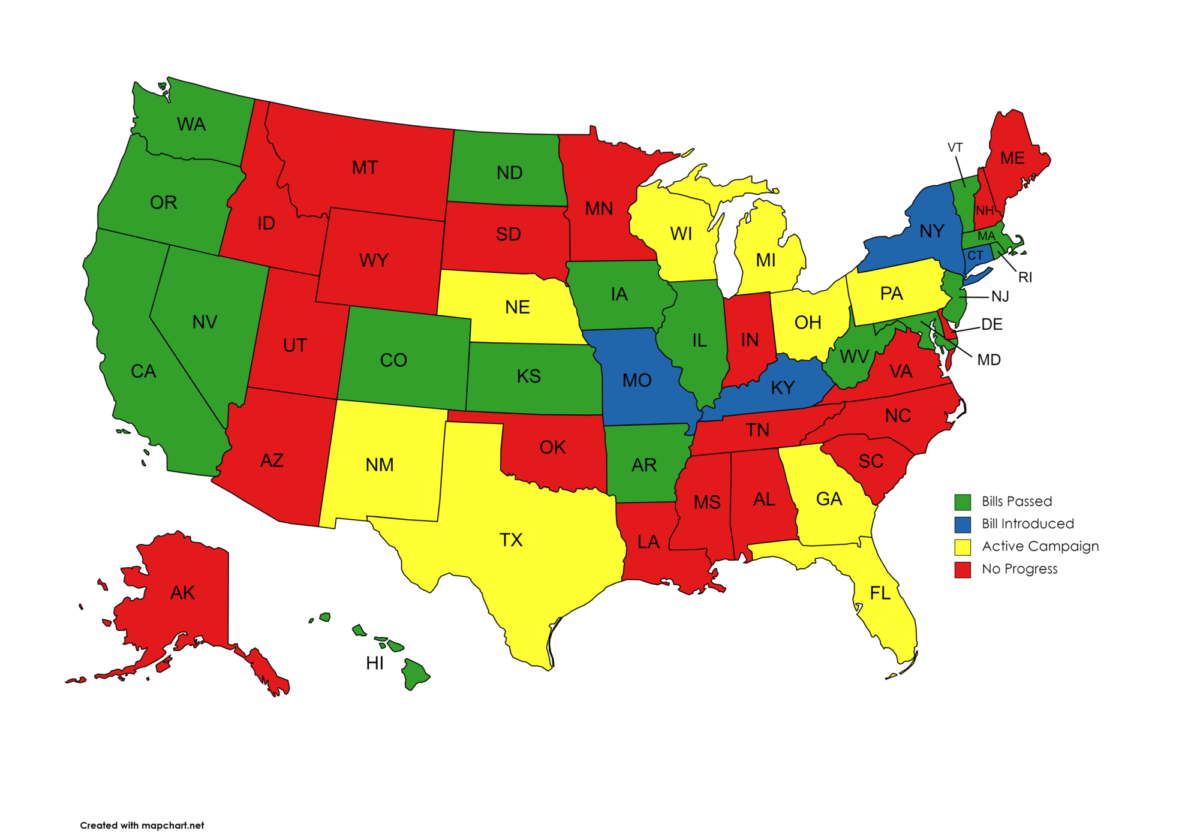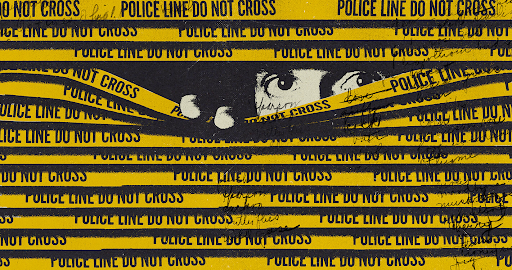Countless book reviews, like ones previously penned by yours truly, are inundated with overzealous adjectives like “amazing,” “life-changing,” or “profound.”
Certainly there are many books that deserve these descriptors, or, contrarily, should be adorned with words like “atrociously boring.”
Stoneheart by Charlie Fletcher makes me shudder. However, in a critic’s perpetual search for unique ways to call something good or bad, we lose sight of the meaning of the words we bandy. C.S. Lewis once said, “Don’t use words too big for the subject. Don’t say ‘infinitely’ when you mean ‘very’; otherwise you’ll have no word left when you want to talk about something really infinite.”
Calling a book “good” has become a death sentence. Whatever happened to the integrity of a good book? After all, most books weren’t written to become classics. Authors write for a variety of reasons. Some hope to illuminate societal problems or make political statements.
We, as readers, are removed from the societal context of the author and draw meaning based on our own personal experiences. Much of the symbolism we see in books like To Kill a Mockingbird or Bless Me, Ultima couldn’t have had the same meaning in the historical context of the author. Meaning changes with the passage of time. Although we may look at a book and draw life-changing meaning from it now, it may have been written with the intent to simply entertain.
Stories are entertaining. They give us exciting new worlds to explore and allow us to consider realities different from our own. However, it seems we have lost track of the entertainment value of a book. I read countless good books every year and possibly two or three profound ones. Does the sheer number of good books automatically diminish their individual value? If a book doesn’t change our lives is it worthless?
Absolutely not. I write for my own enjoyment, for my own entertainment. I write what makes me happy, regardless of the meaning – or lack thereof – that others will find after finishing the last page. I’ve no idea if someone will pick up my novel in the future and be changed by it. Chances are they won’t be.
Who could find profound meaning in hundreds of pages of futuristic, planet-jumping, element-manipulating action? The truth of the matter is, I don’t care. If someone were to pick up my novel and simply be entertained, brought to another place for a few hours, that’s okay. If even one of my readers were to shrug and say, “It was good,” it would bring a smile to my face.













